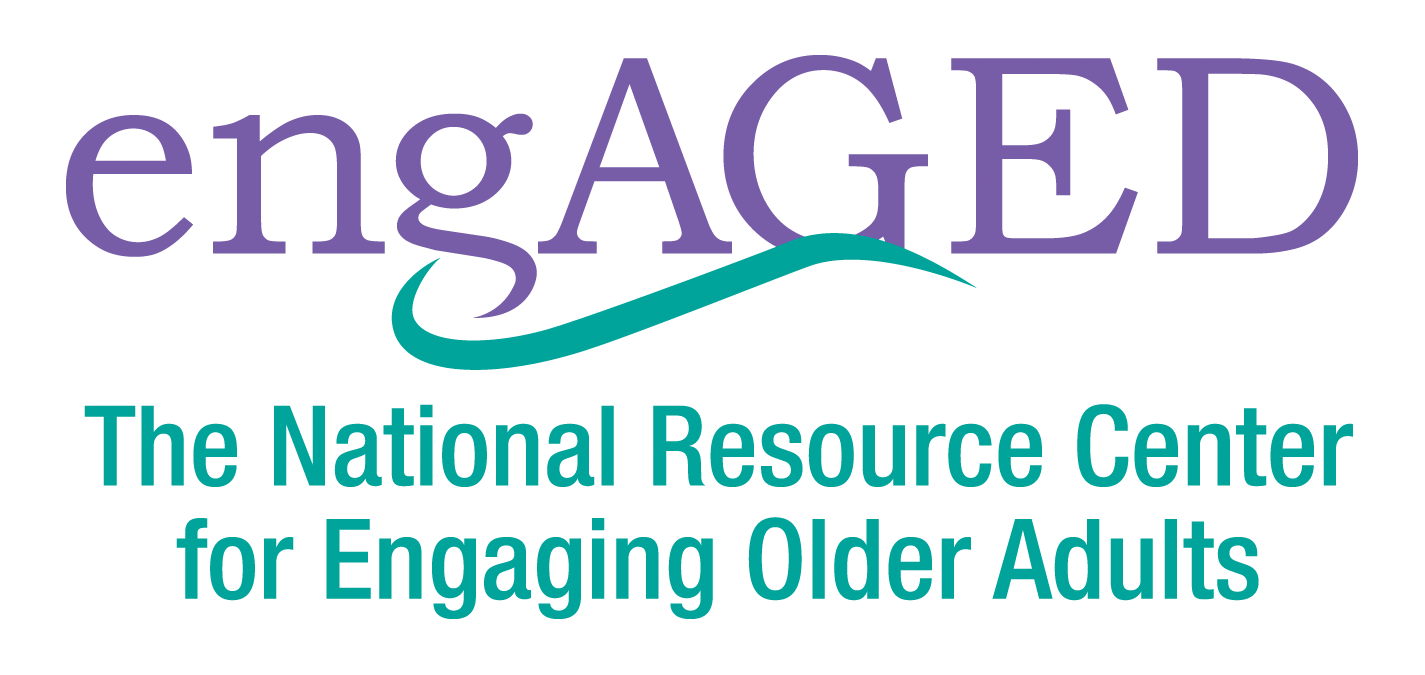Being Isolated Can Put Older Adults at Risk for Medicare Fraud
Author: Nicole Liebau, Center Director Senior Medicare Patrol (SMP) National Resource Center
According to the BBB Institute, the FINRA Investor Education Foundation, and Stanford Center for Longevity, being socially isolated actually put someone more at risk of being defrauded. Additionally, the Federal Trade Commission says that people who talk about scams are much less likely to fall for them.
How Scammers Use Social Isolation as an Opportunity
Scammers can use an individual’s social isolation as an opportunity for persuasive or deceptive marketing. In my work with the Senior Medicare Patrol, I have seen how scammers use these tactics to steal medical or personal identities to bill Medicare for medically unnecessary products or services, or to sell personal identification information to others for similar criminal activities. Scammers also leverage isolation and fear to try and pressure older adults into accepting medical services or products over the phone or through the mail without their doctor’s approval.
Scammers use spoofed phone numbers that look like local numbers to get people to answer their phone calls or text messages. They send deceptive emails that look like they are coming from government agencies or organizations. They have even upped their social media presence. And it’s not all virtual or over the phone—they will even go door to door to scam older adults.
When someone’s Medicare number or personal identity is compromised, it can have very serious consequences, including additional financial burden, stress, and impacts on mental or physical health.
Fraud Prevention and Minimizing Risk
Preventing and minimizing risk related to social isolation and fraud starts with outreach and education. Prevention efforts can reduce the chances of victimization.
To help prevent fraud and minimize risk of social isolation, it’s important to reach out to family, friends, and neighbors who may be socially isolated to make sure they have a support system. Assist with resources within the community to connect others with organizations or programs to minimize isolation. Teach others about scams and why it is important to not give out personal, medical, or financial information to anyone they do not know.
The Senior Medicare Patrol empowers and assists Medicare beneficiaries, their families, and caregivers to prevent and detect health care fraud, errors, and abuse. Here are some helpful pages from the SMP National Resource Center’s website:
Social Isolation Resources (check out the numerous partner resources)
If you believe you have been a potential victim of Medicare fraud, please find your local SMP by clicking the green “Find Help in Your State” button on the SMP Resource Center’s website or by calling 1-877-808-2468.
Also, remember that there are many types of fraud and financial exploitation. Read the Eldercare Locator’s Protect Your Pocketbook: Tips to Avoid Financial Exploitation for helpful financial exploitation and fraud prevention tips and resources. The Department of Justice also maintains fraud and abuse resource listings. To report and receive assistance for health care fraud or abuse contact your SMP, but to report other fraud and abuse contact the Federal Trade Commission on its Report Fraud website.
